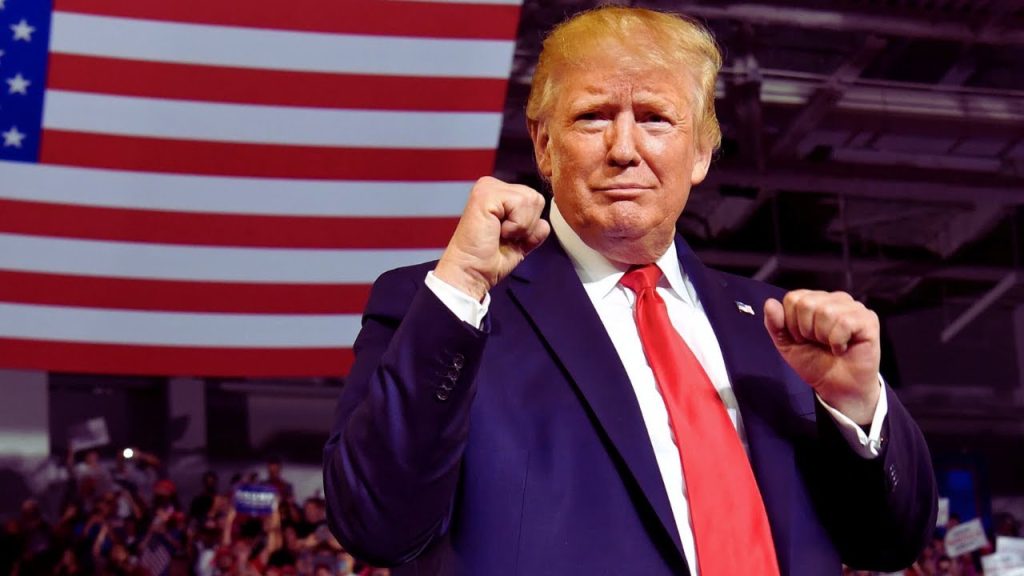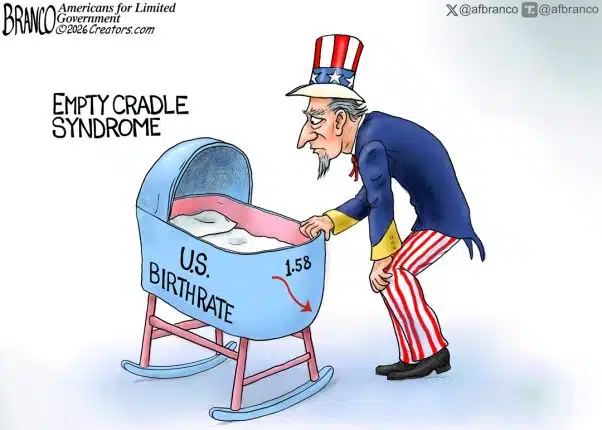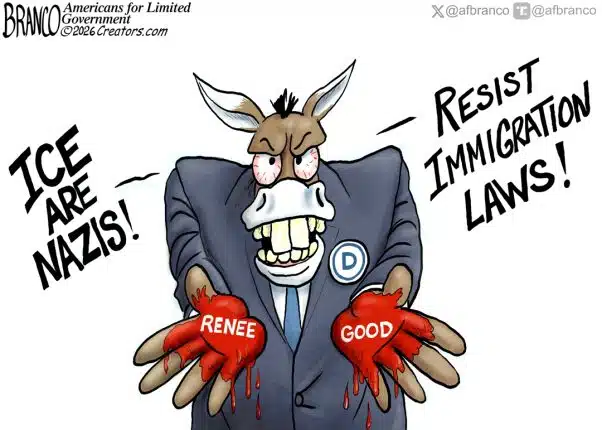
By Bill Wilson
While current polling shows an objectively tight race with former President Donald Trump and Vice President Kamala Harris neck and neck in key battleground states, if current polls are off – like they were in 2020 – Trump would be leading across every swing state according to the latest New York Times data.
The Times’ Nate Cohn recently pointed out that while polling shows a mixed bag, with Harris ahead in four key battleground states and Trump ahead in three, if polls are off to the same degree they were in 2020, Trump would win every swing state and the national vote.
Trump’s largest victory would be in Wisconsin, which Harris is currently leading by two points, but if polls miss the same way they did in 2020 he would win that state by seven points. His smallest victory would be in Nevada, which Harris leads by a single point, but if polls are off to the same degree as they were in 2020, he would win Nevada by two points. Across all seven battleground states, Trump would win if polls are off to the same degree they were four years ago.
It’s worth remembering just how much Trump was underestimated in academic polling in both 2016 and 2020. In 2016, polls vastly underestimated Trump’s appeal in key battleground states which ultimately determined the election. Pollsters’ inability to capture the reality of Trump support in battleground states like Michigan, Pennsylvania, and Wisconsin, is the reason academics were so “surprised” when Trump won the electrical college.
After Trump’s unexpected victory in 2016, pollsters attempted to correct their error, allegedly recalibrating polls to include more of the types of “surprise” Trump voters they overlooked in 2016.
However, in 2020, polls once again failed to capture Trump’s appeal in battleground states just as they did in 2016. One post-election report from the American Association for Public Opinion Research found that national polls were off by the largest margins in 40 years, and state polls were off by the most in 20 years.
The researchers noted that national polls conducted in the last two weeks before the General Election were off by an average of 4.5 percentage points and state polls were off by 5 points. The AAPOR was also frank about the fact that most polls were off in one direction, overestimating President Biden’s support and underestimating Trump’s.
Support for Trump was underestimated by an average of 3.3 points, while support for Biden was overestimated by about one point, making the race much closer than pre-election polls would have us believe. Although Biden eked out a narrow victory, Trump’s margins in 2020 were a lot closer than polls were able to predict, meaning as of four years ago polls were still underestimating Trump support.
Prominent mainstream research groups like the Pew Research Center have also admitted that in recent years, conservatives have been less likely to participate in political discussion panels and share their views.
A detailed report from the Pew Research Center noted that, “in 2020, people living in the country’s most – and least – pro-Trump areas were somewhat less likely than others to join our survey panel. We also noticed a trend in our recruitments: Adults joining our panel in recent years are less Republican than those who joined in earlier years”. The report went on to admit, “there are several possible explanations for that, but as we say in the report, the most plausible explanation is increasing resistance among Trump supporters to taking surveys.”
There is ample evidence over the past eight years to support the “shy Trump voter” theory where specific groups of pro-Trump voters refuse to share their intent with pollsters for fear of backlash.
A 2020 study by CloudResearch found that Republicans and Independents are twice as likely as Democrats to say they feel uncomfortable sharing who they are voting for in surveys. The researchers controlled for age, race, and income, but political parties were the only characteristic consistently correlated with a reluctance to share their views.
CloudResearch’s Leib Litman told Bloomberg that one of the primary reasons respondents gave for withholding their true vote intention was that, “it’s dangerous to express an opinion outside of the current liberal viewpoint.”
Furthermore, the 2020 election recap report published by Public Opinion Strategies found that Trump voters were significantly more likely than Biden voters to keep their political views secret from friends and family. Among those more likely to keep their Trump vote secret, were men earning above the median income, women in general but particularly college-educated white women, working women, suburban women, as well as urbanites and people of color.
These findings lend credence to the theory that certain groups of shy Trump voters, including higher-earning men, women and minorities, are holding back their views from pollsters for fear of backlash.
The reality is the mainstream media, academia, most corporate workplace environments, and the popular culture in general, are hostile environments to conservatives, and because of this more and more conservatives are opting out of sharing their views.
While there is some evidence mainstream pollsters have attempted to correct for their errors this year – if for no other reason than not enjoying repeatedly being “surprised” by Trump’s breadth of support – the polls could still be underestimating Trump.
Bill Wilson is the former president of Americans for Limited Government.






